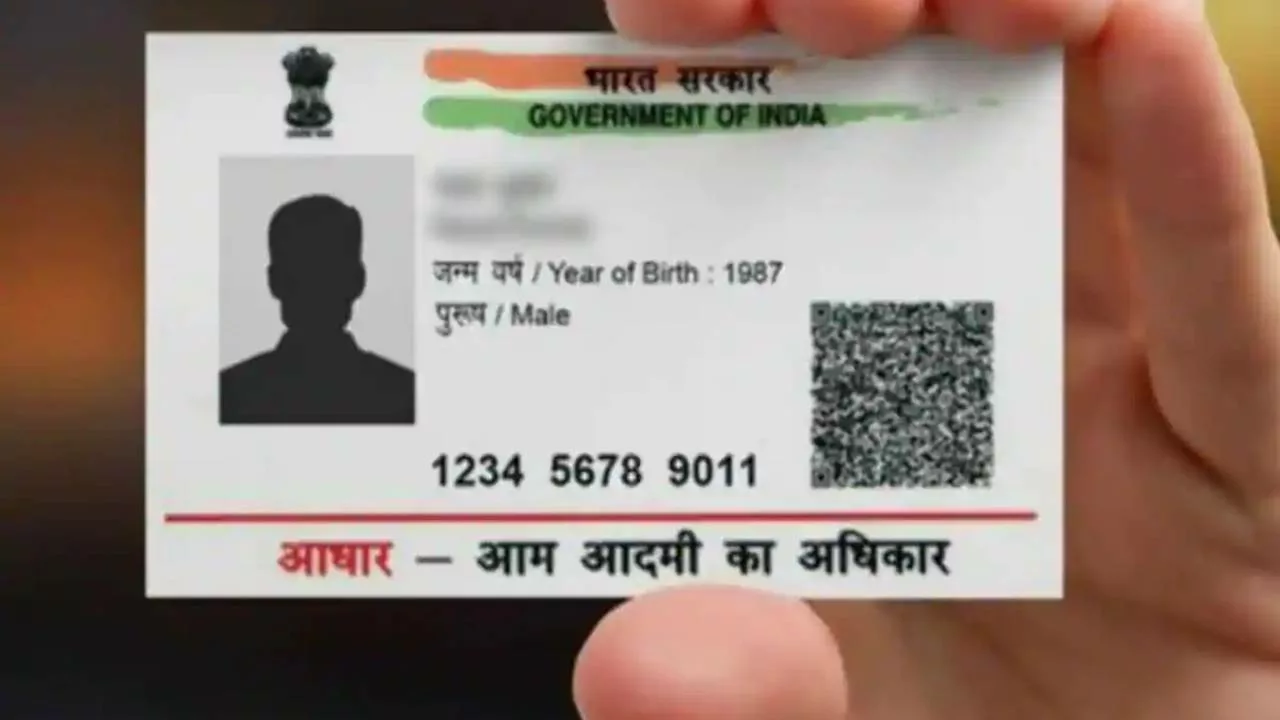The Aadhaar card, a unique identification document in India, has become deeply integrated into our financial lives. But a common question pops up: should you link your Aadhaar with your bank account? There’s no simple yes or no answer. Here’s a breakdown of the pros and cons to help you decide what’s best for you.
Benefits of Linking Aadhaar with Bank Account: Convenience and Security
Linking your Aadhaar with your bank account offers several advantages:
- Smoother Government Benefits: Many government schemes and subsidies are now directly deposited into bank accounts linked with Aadhaar. This ensures faster and more transparent transfer of funds.
- Simplified KYC: KYC (Know Your Customer) is a mandatory process for banks. Linking your Aadhaar simplifies KYC verification, saving you time and paperwork.
- Enhanced Security: Aadhaar linking can potentially add another layer of security to your bank account. Since Aadhaar is linked to your biometric information (fingerprint and iris scan), unauthorized access becomes more difficult.
- Easier Tax Filing: With Aadhaar linked, pre-filled tax returns with your bank details can expedite the filing process.
Potential Concerns and Precautions: Weighing the Risks
While linking Aadhaar with your bank has its perks, there are also some potential concerns to consider:
- Data Privacy Concerns: Some people worry about the potential misuse of personal data stored in Aadhaar. While the UIDAI (Unique Identification Authority of India) assures robust security measures, data breaches are a growing concern.
- Risk of Identity Theft: If your Aadhaar details fall into the wrong hands, it could be misused to access your bank account. Practicing good cyber hygiene and using strong passwords for online banking can help mitigate this risk.
- Not Mandatory (for now): It’s important to remember that linking Aadhaar with your bank account isn’t mandatory, according to a Supreme Court ruling. You can still access most banking services without linking.
Making an Informed Decision: What’s Right for You?
The decision to link your Aadhaar with your bank account depends on your individual priorities. Here are some questions to ponder:
- Do you frequently receive government benefits? If so, linking Aadhaar can ensure smoother and faster transfers.
- Are you concerned about data privacy? If data security is a major concern, you might want to wait and see how the Aadhaar system evolves.
- Do you prioritize convenience? Linking simplifies KYC and can streamline certain banking processes.
Ultimately, the choice is yours. If you decide to link your Aadhaar, make sure to only visit the official UIDAI website (https://uidai.gov.in/en/) to avoid any phishing attempts.
Keeping Your Information Secure: Always Stay Vigilant
Regardless of whether you link your Aadhaar or not, being vigilant about your financial information is crucial. Here are some general security tips:
- Never share your Aadhaar details or bank account information with anyone over email, phone, or text.
- Use strong, unique passwords for your online banking accounts and enable two-factor authentication whenever possible.
- Monitor your bank statements regularly for any suspicious activity.
By being informed and taking precautions, you can make the most of the Aadhaar system while safeguarding your financial well-being.




